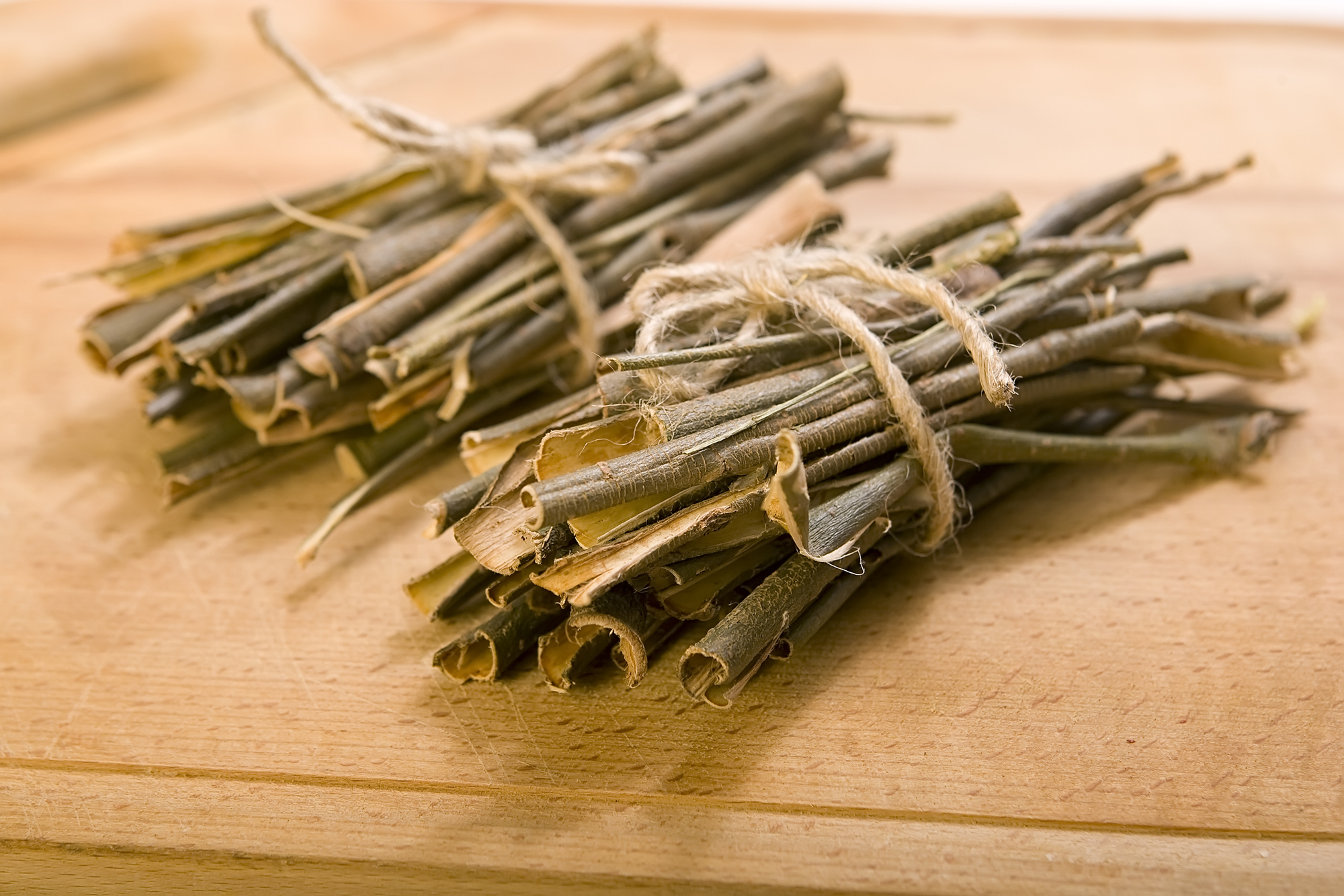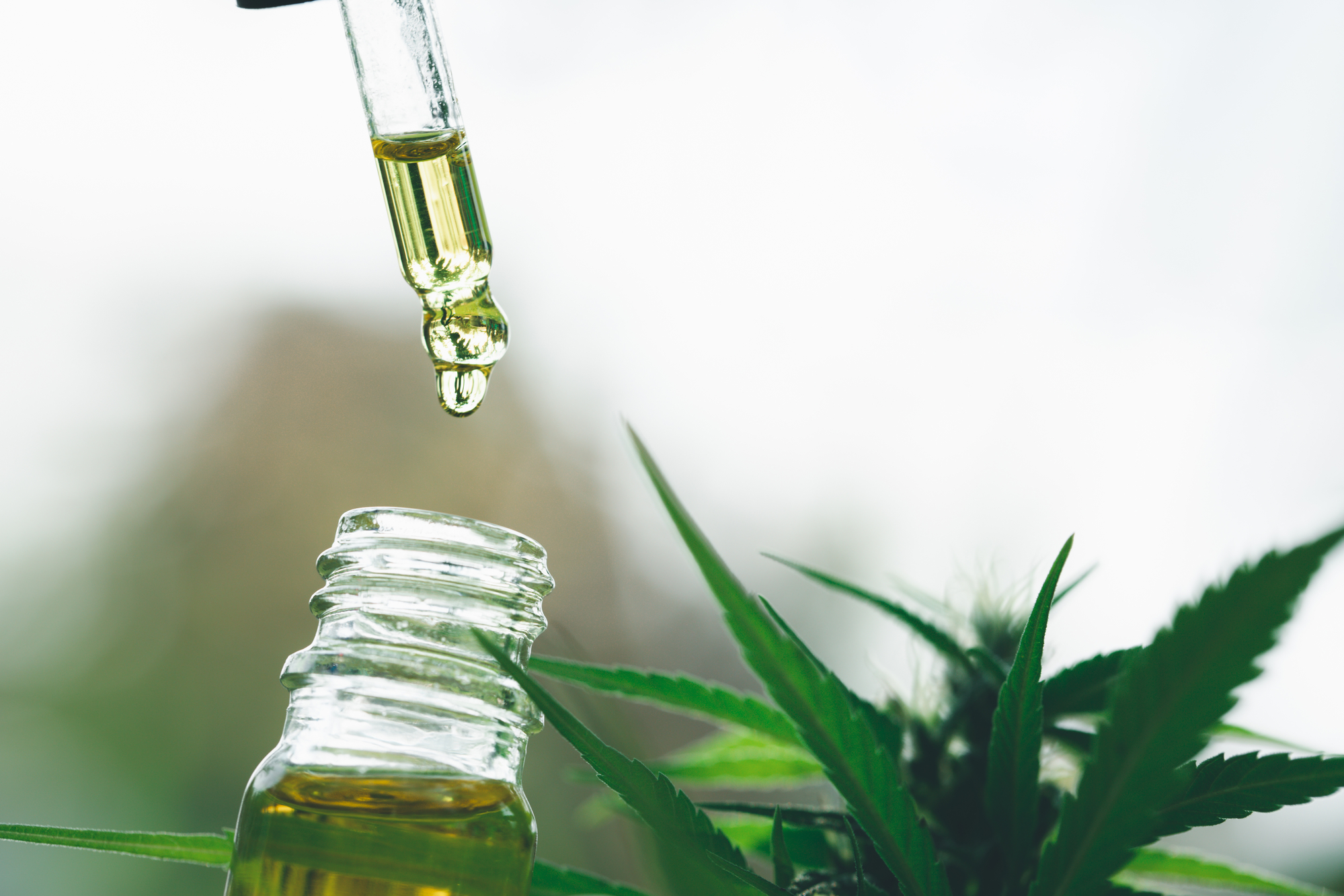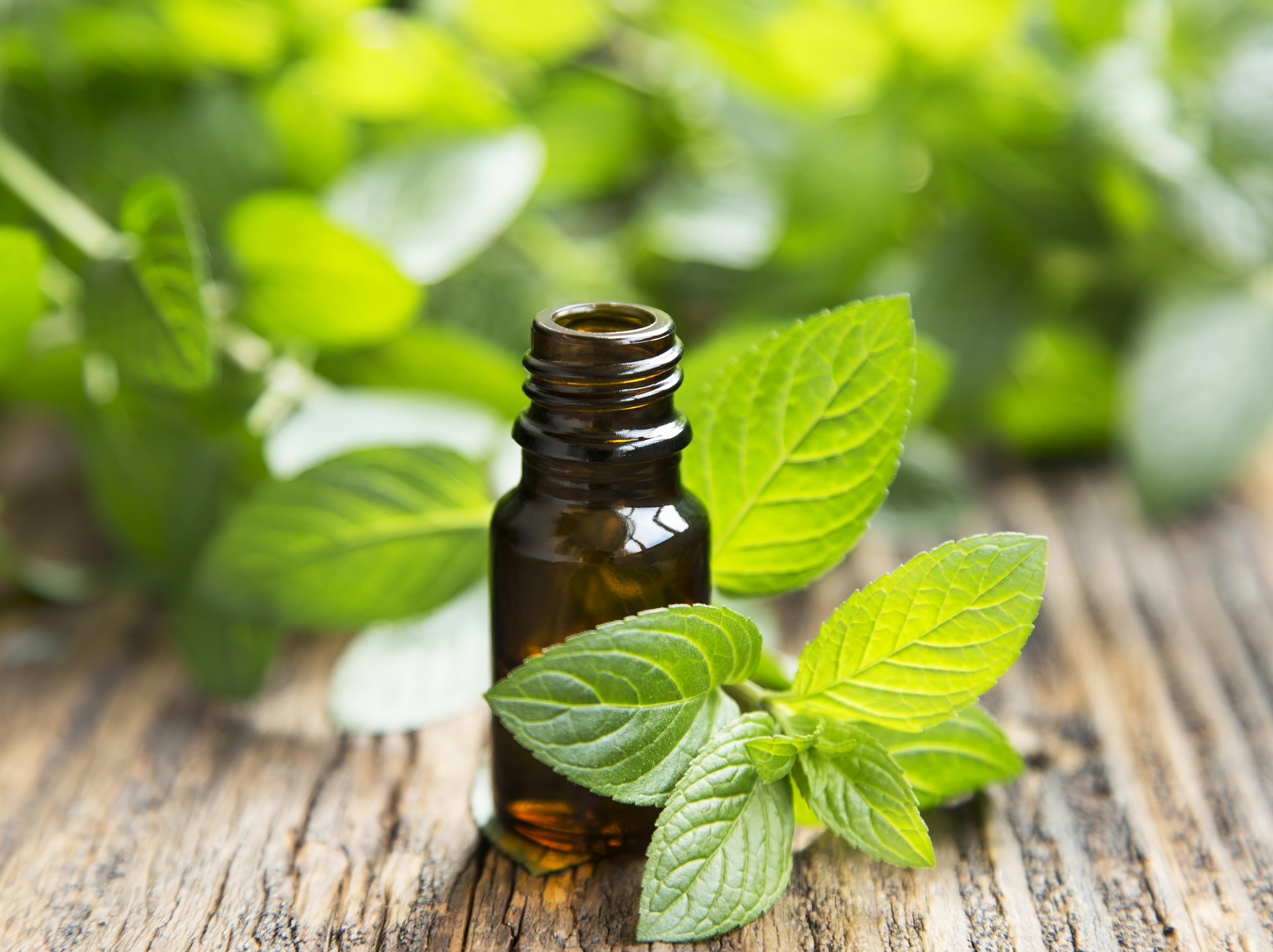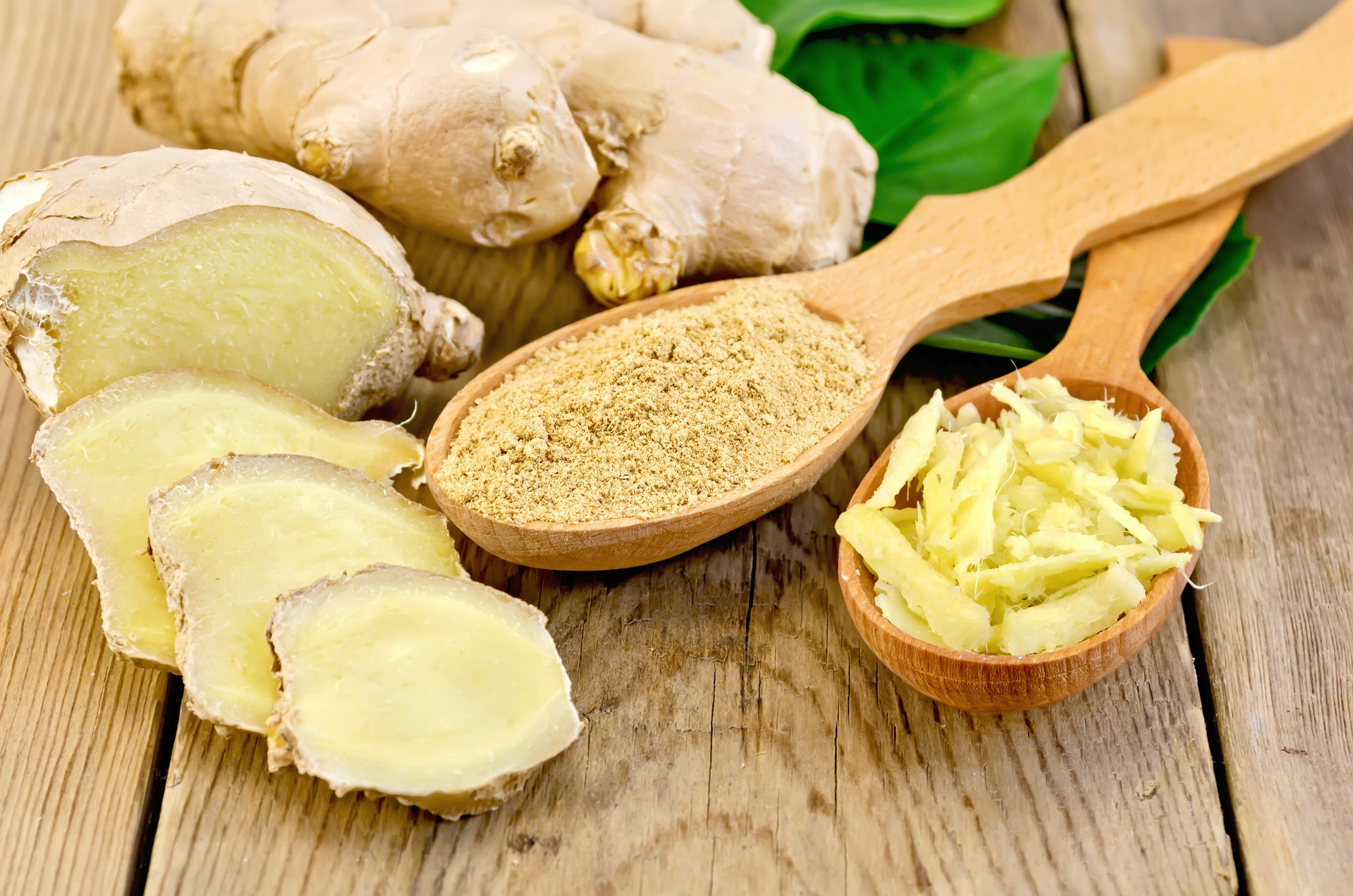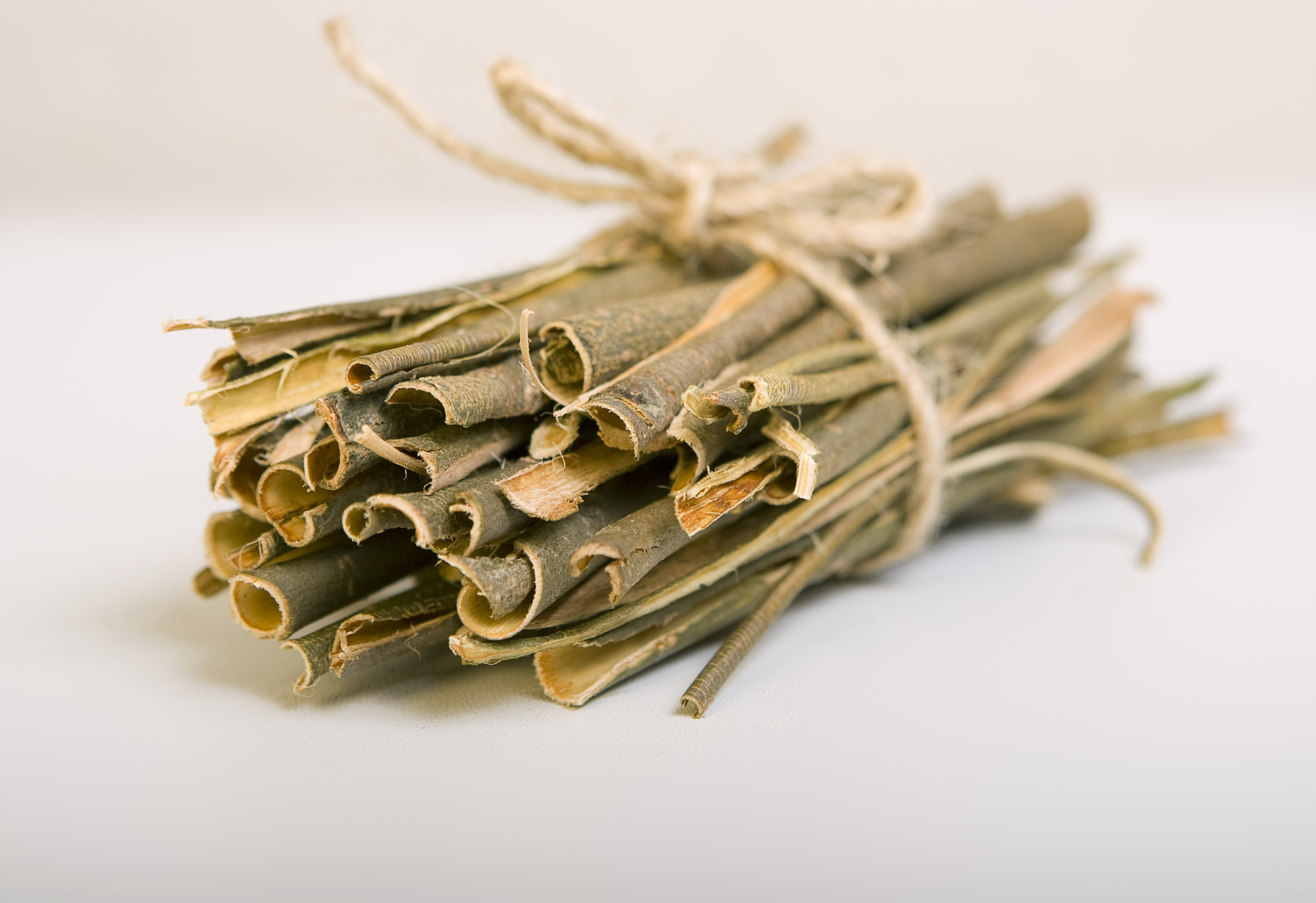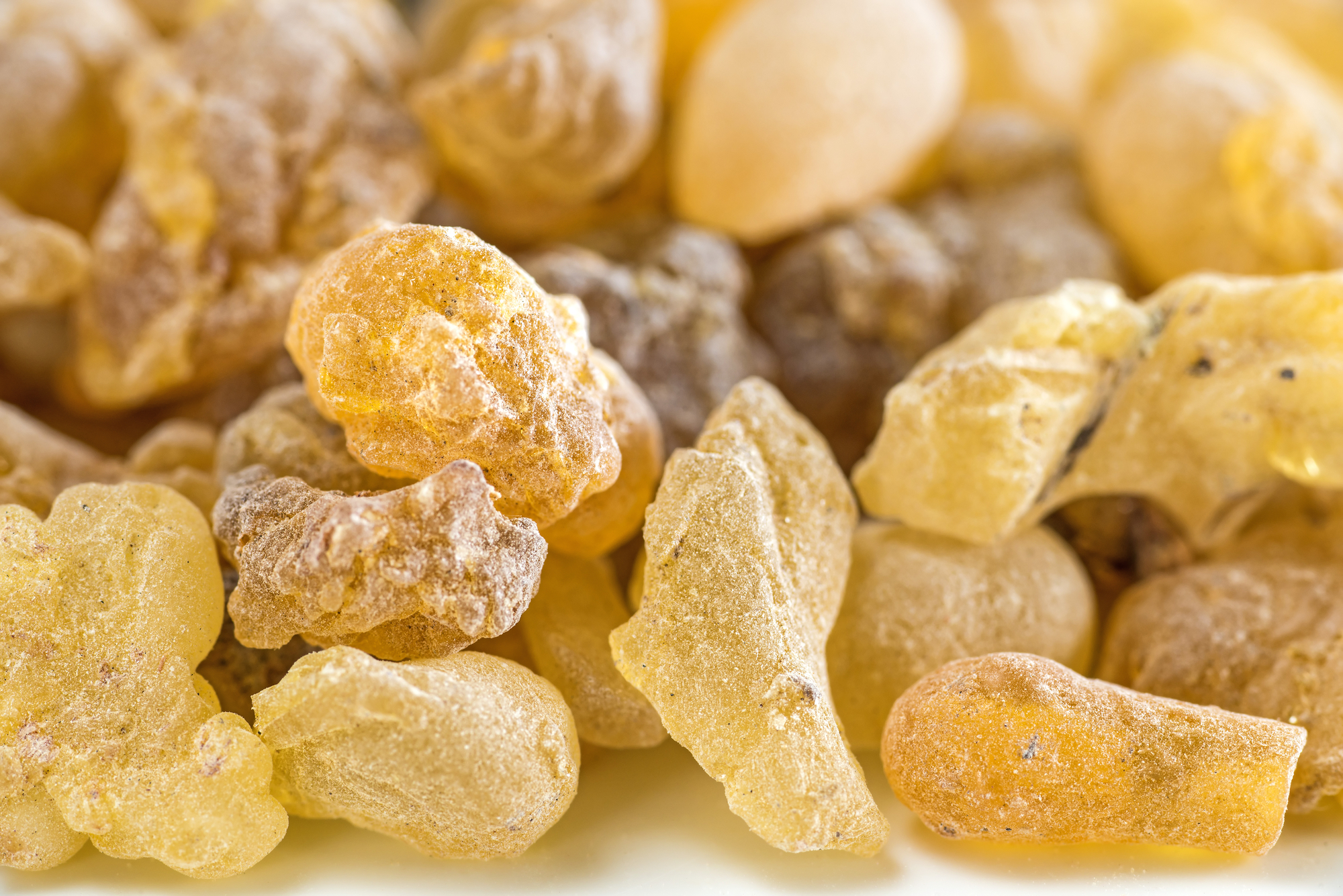Willow Bark: More Than Pain Relief
Willow bark has been used for thousands of years to treat pain and inflammation in both China and Europe. It’s so effective, in fact, that its active pain-reliving constituent, salicin, was used to develop aspirin in the 19th century. Today, the venerable plant is still used to treat lower backRead

